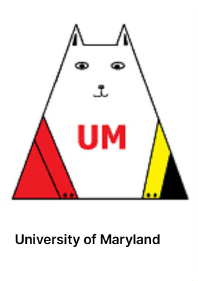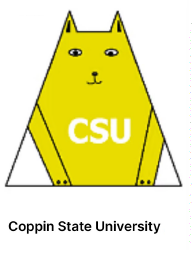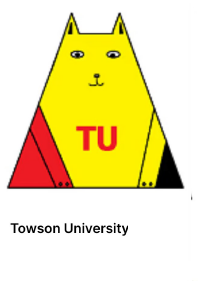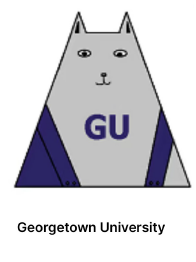"Is your college or university looking to support a truly great initiative? Continued awareness is the key to long-term success of this national initiative. A student project-based learning initiative allowing your students to submit RFP's, earn income, and work w/businesses."
|
|



| Term | Course Title/Number | Register NLT Date | Location | Textbook | Fee |
| Open | IT Professional Apprenticeship/CP-ITAC2025-1 | 3/5/2025 | Virtual | Unleashing Your Harnessed Potential | $289 |



| Term | Course Title/Number | Register NLT Date | Location | Textbook | Fee |
| Open | IT Professional Apprenticeship/CP-ITAC2025-1 | 3/5/2025 | Virtual | Unleashing Your Harnessed Potential | $289 |



| Term | Course Title/Number | Register NLT Date | Location | Textbook | Fee |
| Open | IT Professional Apprenticeship/CP-ITAC2025-1 | 3/5/2025 | Virtual | Unleashing Your Harnessed Potential | $289 |



| Term | Course Title/Number | Register NLT Date | Location | Textbook | Fee |
| Open | IT Professional Apprenticeship/CP-ITAC2025-1 | 3/5/2025 | Virtual | Unleashing Your Harnessed Potential | $289 |
|
Term Of The Day: Block (n.) (1) In word processing, a block is a group of characters that you have marked to perform some action on them. For example, to move a section of text, you must first block it. This is sometimes called a block move. To specify a block of text, you press special function keys (or click with a mouse) at the beginning and end of the block. The function keys differ from one word processor to another. Word processors usually display blocks by highlighting them on the screen. (2) In data management, a block is a group of records on a storage device. Blocks are manipulated as units. For example, disk drives often read and write data in 512-byteblocks. (3) In network communications, a block is a fixed-size unit of data that is transferred together. For example, the Xmodem protocol transfers blocks of 128 bytes. In general, the larger the block size, the faster the data transfer rate. (v.) In word processing, to specify a section of text. See definition (1) above. Some applications call this selecting. |
A: To assist students in acquiring information, knowledge and competencies that enhance individual career development, academic success and employability. To provide services and resources that support students' and graduates' candidacy with graduate/professional schools and employers.
A: A private career center can help individuals identify careers well suited to their strengths and interests, as well as provide coaching on writing resumes or doing interviews. They can also offer valuable help with networking or employer referrals.
A: Be Proactive in Seizing Career Growth Opportunities
Don't Settle
Honor Your Instincts
Get a Mentor
Seek Happiness Instead of Money
No Job is Too Small
Trust Your Instincts
Focus on Living Your Dream and Not Someone Else's
A: The Career Service shall be characterized by (1) entrance based on merit and fitness to be determined as far as practicable by competitive examinations, or based on highly technical qualifications; (2) opportunity for advancement to higher career positions; and (3) security of tenure.
A: Career training programs and college degrees can give you a huge leg-up on the competition, but they take time and money. If you've been laid off, you need to find a new job fast, and you might not have the savings to pay for additional training and certification, even if it means a higher salary in the future.
A: Career services often include practical help for students ready to enter the job market. This includes assistance with developing interviewing skills. A career service staff member may offer assistance through a seminar or a one-on-one session.
A: A career action plan is a dynamic planning document owned and managed by young people intended to reflect their increased career development learning. The plan helps young people: set their goals. clarify the actions needed to achieve these goals.
A: A career action plan lists your professional goals and the steps to achieve them. Your career plan will help you make smart decisions as you prepare for the real world—from activities and clubs to join to internships and jobs for you to pursue.
A: Career development increases employee motivation and productivity. Attention to career development helps you attract top staff and retain valued employees. Supporting career development and growth of employees is mandated by the Philosophy of Human Resources Management.
A: The Career Advantage provides you with the crucial skills required by employers and universities to give you that all-important competitive edge. Social skills. - learn the art of problem-solving and develop your initiative. Employability skills.